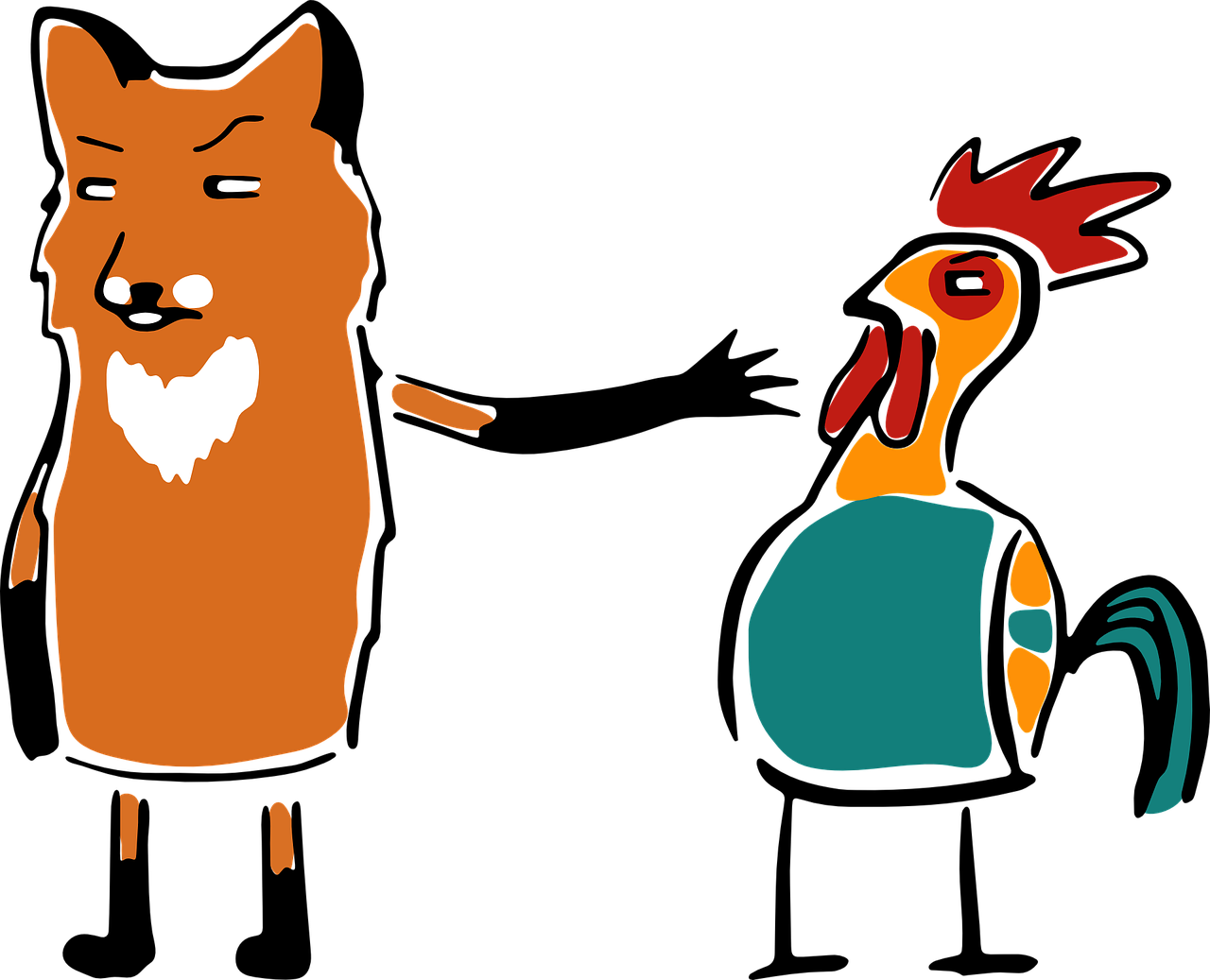As a chicken owner, it’s essential to be aware of the types of predators that can harm your birds. The most common predators include but are not limited to raccoons, foxes, coyotes, weasels, hawks, and owls. These predators are often attracted to chickens because they are an easy and accessible source of food.
So, how do these predators gain access to the coop? Well, they can enter through gaps or holes in the coop’s walls, doors, or roofs. They can also dig under the chicken wire or fence surrounding the coop. Hawks and owls can swoop down from above and snatch a chicken, even if they are safe within the coop. Therefore, it’s crucial to take all the necessary precautions to keep predators at bay.
To prevent predatory attacks, here are some measures that you can take:
Reinforce the coop: Check the coop’s walls, floor, and roof for any gaps, holes, or leaks. Patch up any openings with sturdy materials such as hardware cloth or welded wire mesh. Raccoons and weasels are known to be adept at breaking into coops, so make sure that the coop is secure and has no weak spots.
Use predator-proof fencing: Install a strong fence around the coop, with the base buried at least six inches below ground level. This will prevent predators from digging under the fence to access the coop. Cover the top of the coop with netting or wire mesh, to prevent attacks from above.
Provide shelter: During the day, chickens like to roam freely around the coop. However, providing some form of shelter, such as shrubs or bushes, will give them a place to hide if a predator enters the area.
Install motion-activated lights: Predators are most active at night. Installing motion-activated lights around the coop will deter nocturnal predators such as raccoons and foxes.
Keep food and water out of reach: Store feed and water containers inside the coop or in a secure container with a tight-fitting lid. Leaving food and water outside can attract predators to the coop.
Get a guard dog: Dogs are natural protectors and can fend off potential predators. However, it’s essential to train the dog to differentiate between chickens and other animals.
Keeping your chickens safe from predators requires time, effort, and a bit of planning. Ensure that the coop is secure with no weak spots, reinforce fencing, provide shelter for chickens, install motion-activated lights, store food and water securely, and get a guard dog. By implementing these measures, you can keep your flock safe and enjoy the rewards of raising chickens.
The Author:
Pioneerthinking.com – Ingredients for a Simple Life.
Photo. AK
